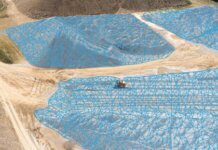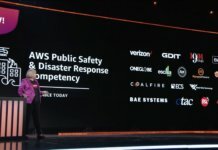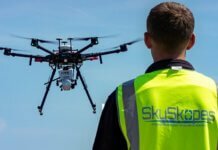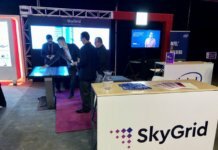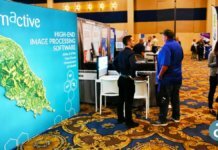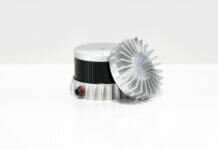Neurala, a Boston-based robotics company, has released the Neurala Selfie Dronie, an app that the company says makes creating video selfies and dronies significantly easier.
The software, compatible with the Parrot Bebop and Bebop 2 drones, uses advanced artificial intelligence, deep learning and vision to analyze what the drone camera sees and then automatically sends commands to keep the video on the subject as it flies.
Neurala says its approach differs from that of specialized, self-flying drones that use tracking hardware or a phone’s GPS. Instead, users select an object by moving a box on their iPhone, iPad or Android screen. Once the object is selected, Neurala’s vision processing software locks onto the subject visually. Then, when ready, users tell the Neurala software to fly one of two patterns:
• A selfie, which flies an arc around the video’s subject (up to 180 degrees) while keeping the drone camera pointed directly at the subject; or
• A dronie, which zooms the drone backward and upward to take aerial panoramic video while keeping the drone camera pointed directly at the subject.
The software’s retail price is $4.99, but it will be on sale until Jan. 10 for $0.99. Versions of Neurala Selfie Dronie for other drones will be released early next year.
The app will be available this month from the App Store and will soon be available from Google Play. An iPad Air, iPad Air 2, iPad Mini 3, iPhone 5s or iPhone 6 is required.
“Neurala software ‘sees’ the subject. He or she doesn’t need to do anything special, carry anything special or act in an unusual way,” explains Massimiliano Versace, CEO of Neurala.
“We are disrupting the market. You don’t need a $1,000 specialized, self-flying camera drones plus a different drone for your flying hobby. You can buy a drone like the $500 Parrot Bebop, add our software and use one drone for everything,” Versace adds.
Neurala says it creates software that makes robots, drones, toys, consumer electronics, self-driving cars and smart devices more autonomous, engaging and useful. Its patent-pending Neurala Intelligence Engine is based on the way the human brain works – using passive sensors (e.g., cameras like eyes and microphones like ears) – and on technology Neurala developed for NASA for planetary exploration and for the U.S. Air Force Research Labs.


